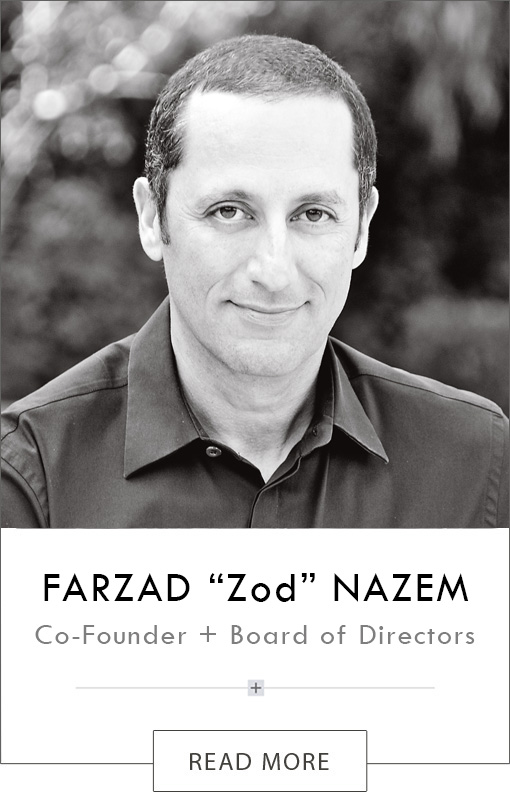
“UC Berkeley Secures $2.6M Grant to Address and Combat Arts Censorship”

### UC Berkeley’s New Initiative Confronts the Complexities of Censorship and Authoritarianism in the Arts
The University of California, Berkeley, is spearheading a transformative effort to address artistic and academic censorship with a $2.6 million grant from the Andrew W. Mellon Foundation. Announced on December 20, 2023, this initiative, titled *”A Counter-Imaginary in Authoritarian Times,”* aims to combat increasing censorship pressures using the arts as a medium for resistance and dialogue.
Through a multi-year, interdisciplinary approach, the program will create a collaborative network of arts institutions and universities to host anti-censorship programming nationwide. Partner institutions include the University of Chicago’s Smart Museum of Art, New York Live Arts, and Berkeley Art Museum and Pacific Film Archive. These organizations will serve as hubs for activities such as public workshops, online publications, courses, and legal training programs.
### Using Arts as a Catalyst for Change
Led by UC Berkeley faculty members Shannon Jackson, Judith Butler, and Debarati Sanyal, along with New York University’s Denise Ferreira da Silva, the initiative seeks to explore the role of the arts in countering authoritarianism. Jackson, a professor at Berkeley, elaborated on the program’s vision in an email to *Hyperallergic*. “Our hunch is that the arts are well-positioned to do this kind of imaginative work,” said Jackson, pinpointing creative expression as a critical avenue for challenging authoritarian practices.
The program aims to address both overt and covert forms of censorship. Explicit censorship often manifests in the banning of academic materials or removal of faculty associated with controversial ideas. However, Jackson warns of more insidious forms of censorship disguised under calls for “neutrality” or other seemingly benign rationalizations. The initiative’s goal is to establish an “anti-censorship network” that uses the arts to foster critical thinking and collective action against authoritarian tendencies.
### Tracing Histories and Providing Tools for Resistance
A central pillar of the project will involve examining historical intersections of free speech, censorship, and authoritarianism while equipping academics, artists, and writers with the tools to push back. Jackson revealed plans for public lectures and collaborative events aiming to elevate discourse around migration, LGBTQ+ rights, and other areas frequently targeted by authoritarian campaigns.
This initiative also reflects ongoing challenges faced by artists and institutions alike. Recent controversies in the U.S. art world include the removal of artworks that make political statements, such as those supporting Palestine. For instance, Native artist Danielle SeeWalker’s residency in Colorado was rescinded after she shared a painting on Instagram depicting a Native woman wearing a Palestinian keffiyeh. Similarly, East Tennessee State University faced criticism for forcing visitors to sign liability waivers to access a politically charged exhibition targeted by Republican lawmakers.
### A Timely Response to a Growing Problem
Authoritarianism, as Jackson pointed out, has taken on paradoxical forms in recent years. Practices that are inherently anti-democratic are increasingly dressed in pro-democratic language to gain legitimacy. This underscores the complexities of today’s censorship landscape, where even well-meaning efforts may inadvertently pave the way for political co-option or “art-washing.”
Art institutions have long struggled to maintain their independence in politically fraught environments. From debates over colonial history and queer representation to conflicts over solidarity with marginalized groups, the arts are a contested space for societal values. By fostering collaboration among cultural, academic, and legal experts, UC Berkeley’s initiative represents a proactive step towards countering these pressures.
### A Broader Vision of Artistic and Academic Freedom
Projects like *A Counter-Imaginary in Authoritarian Times* aim to protect not only free expression but also the broader intellectual autonomy essential to thriving democracies. With events planned across the country, the initiative hopes to create ripples far beyond Berkeley’s campus. In 2026, for instance, the program will culminate in a public survey of artworks and authoritarian campaigns that impact issues such as migration, trans rights, and more.
As Shannon Jackson eloquently noted, “There is no guaranteed political purity for the arts,” a reminder that vigilance and historical reflection must remain central to efforts to preserve artistic and academic independence. With funding and institutional support, this initiative holds the potential to empower artists and academics to resist censorship while fostering critical conversations at the intersection of creativity and power.
In an era of increasingly complex challenges facing free expression, UC Berkeley’s innovative program serves as a beacon for those who believe that art and academia have a unique role to play in envisioning an alternative to authoritarianism, one that champions inclusivity, imagination, and ethical engagement.